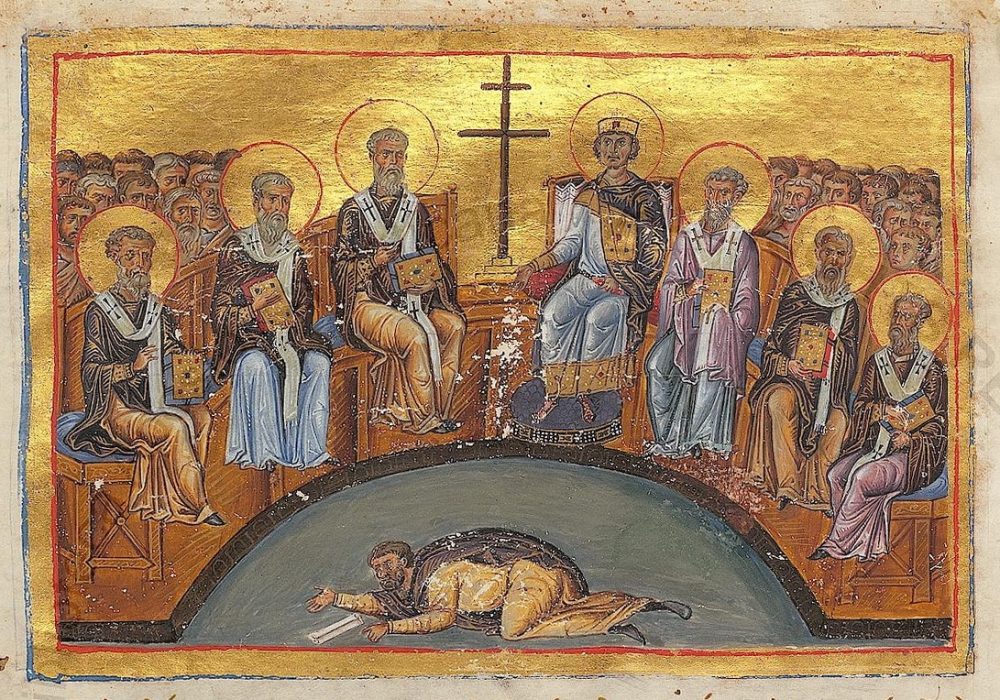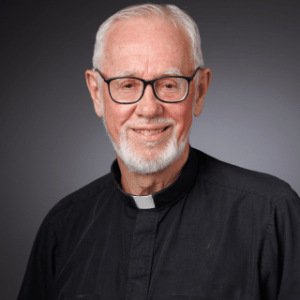Tuesdays, Jan. 10-Feb. 28
6:00pm: Dinner
6:30pm: Presentation
Intended for university students and recent graduates. Others interested in attending please contact info@lumenchristi.org.
Registrants are free to attend as many sessions as they choose. Sessions do not presuppose previous attendance or prior knowledge of the subject.
What is “heresy?” At first glance, the term “heresy” might be dismissed as anachronistic, or even as repellent as the term “inquisition” or “auto-da-fe.” Surprisingly, the Greek root of the term “heresy” does not mean “error,” but “choice.” Heresy entails a selective partiality that in one way or another rejects the integral fullness of catholic truth. Certain heresies are recurrent. For example, Pope Francis has signaled the dangers of neo-gnosticism and neo-Pelagianism, heresies that threatened the integrity of Christian truth in the early Church.
This course will revisit some prominent heresies in their ancient and modern forms and pose these questions: Why do people find a given heresy attractive? How does heresy reveal a particularly pressing issue? How does a specific heresy compromise the fullness of truth?
Schedule:
January 10: What is heresy? Biblical Revelation; Ancient & Modern Gnosticism & the Scandal of the Cross
January 17: A Perfect Church? The Scandal of Sinful Pastors: from 4th century to the Present
January 24: Christological Heresies: Safeguarding the Saving Truth of the Incarnation
January 31: Pelagianism: The Perennial Attraction of Self-Salvation.
February 7: Enthusiasm: the Holy Spirit Run Amok, from 2nd century Montanism to Contemporary Spiritualisms
February 14: Atheism: the Ultimate Heresy? The Idolatries of Mammon, Nation, Body, and Race
February 21: Culture of Relativism: Catholic Fullness vs. Heretical Partialness
February 28: The Spiritual Lives of Contemporary Young People: “Therapeutic, Moralistic Deism?”


